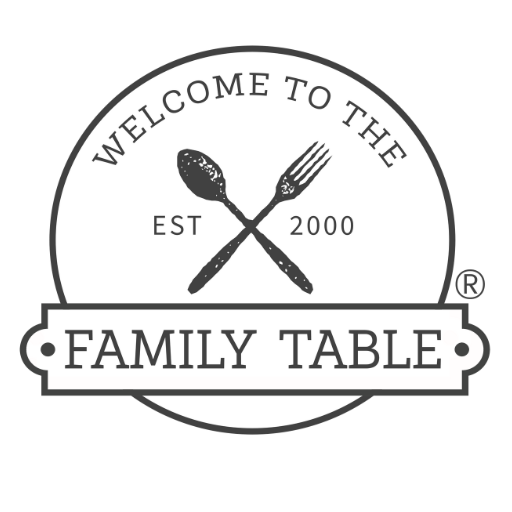Entering a New Land: A Family Devotion on Change
Many changes, even those that will benefit us, are hard. A good attitude can help make a change easier to accept and get through.
I recently wrote up this Bible study to go through with my kids. We have some big changes coming up soon and we’d just finished reading through the story of Moses and the children of Israel in Egypt. I thought it was the perfect opportunity to make a correlation between the two and get them thinking outside the box a bit on this well-known part of Scripture.
Since my kids are pretty familiar with the story already, I had them find the parts of Scripture I was addressing as I went through each point. I’ve included the verses we found so you can easily find them if you choose to do this study, but it was fun to have them looking up what they thought were applicable Scriptures. They had no problems doing this, so if your kids are familiar with the story, maybe you could try doing this with them, as well.
A good attitude can help make a change easier to accept and get through.
1. Focus on the blessing this change will bring. The Israelites got angry at Moses when they found out it was going to be tough getting out of Egypt, but Moses saw the bigger picture.
- Exodus 4:29-31, 5:19-21, 6:9, 14:11-12
2. Remember that God goes with us wherever we take Him. Invite Him along. Better yet, ask Him to lead the way. God led Moses and the Israelites with a pillar of cloud by day and a pillar of fire by night.
- Exodus 13:21-22 (By the way, did you know that 13:21 is a rhyme in the NKJV—neat!)
3. Accept that things will be different along the way…and when you arrive! The Israelites feasted on manna and quail—probably tasty at first, but 40 years of it might have been a little much. When they got to the Promised Land, they still had a lot of trials–retaking old lands, for instance.
- The Israelites were required to have faith in miracles like they may never have had to before: Red Sea crossing in Exodus 14, bitter waters made sweet in Ex. 15:22-25, story of the manna in Ex. 16, clothes didn’t wear out in Deut. 8:4…and more!
4. Find someone to bless when you get there. The story of Rahab is amazing in that she was the first mentioned person that was blessed by coming into contact with the children of Israel. Her family line has benefited for generations since! (See Joshua 6:25 for more on that.)
- Joshua 2 is a great story about how Rahab’s family was blessed by coming into contact with these “foreigners.”
After our study, I made them a little “quail and manna” to eat. Since it’s not quail season here in Eastern Oregon, I grabbed a little roaster chicken and dressed it up with some garlic and sage. I just cooked it in my deep skillet with some water in the bottom—it was great and didn’t heat up the house. The manna was another story… not so tasty, but if God hasn’t shared his recipe in the last 4,000 years, He’s probably not going to. The Bible says it was something like a honey cake, so this is what I made:
Not-Really Manna
2 cups steel-cut oats, soaked in water for 4 hours
3/4 cup honey
1 tsp. salt
Drain the oats and mix all ingredients in a blender or food processor until you have a soupy, runny mess. Line a baking sheet with parchment paper (leave a little hanging over so you can get it out) and pour the mixture onto the pan, spreading it out evenly. Bake at about 200 degrees for several hours. Once it’s fairly dry–or you’re sick of waiting on it any longer–let it cool a bit and then cut it into pieces.
What ideas can you add to this study to make a transition time easier to handle?

